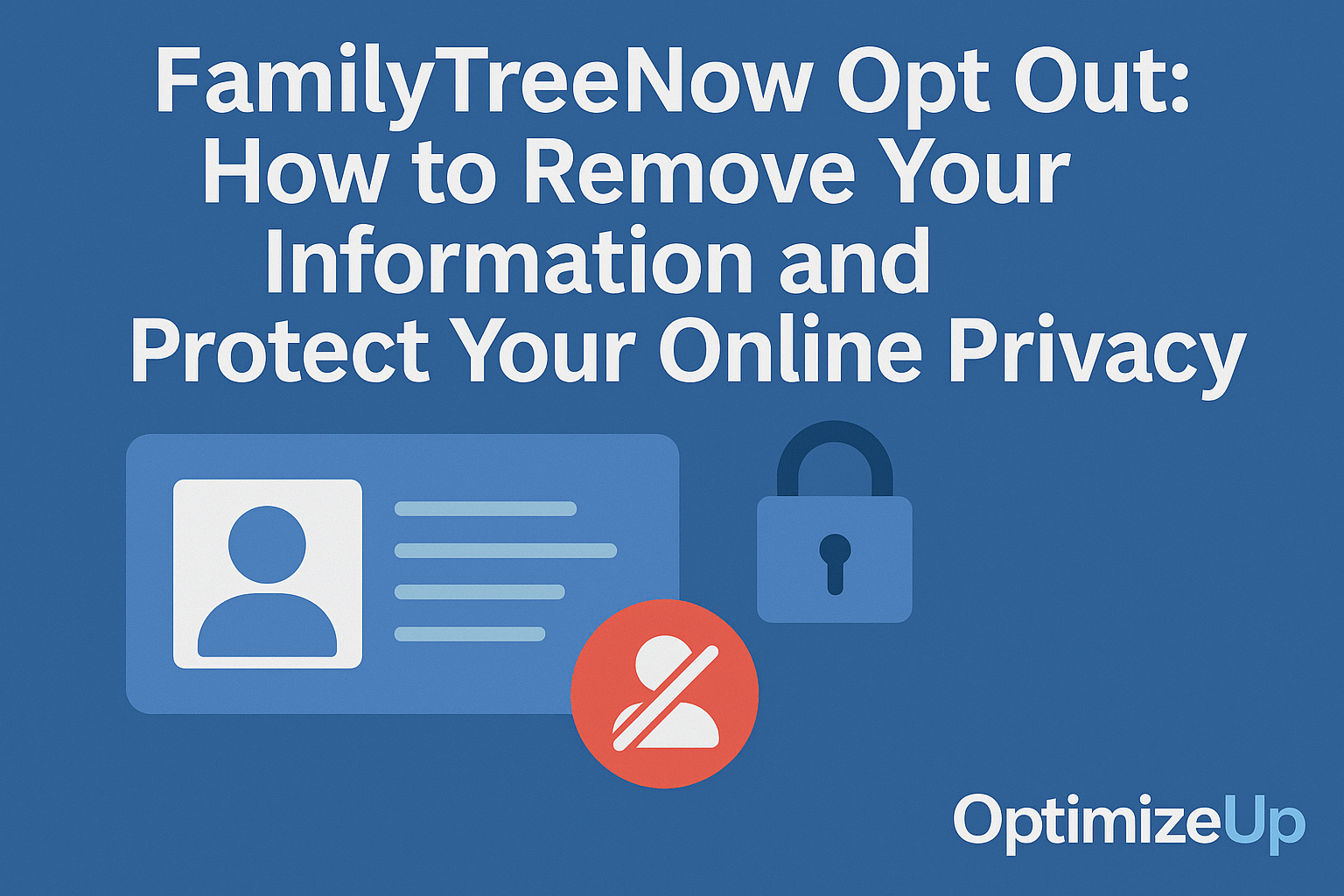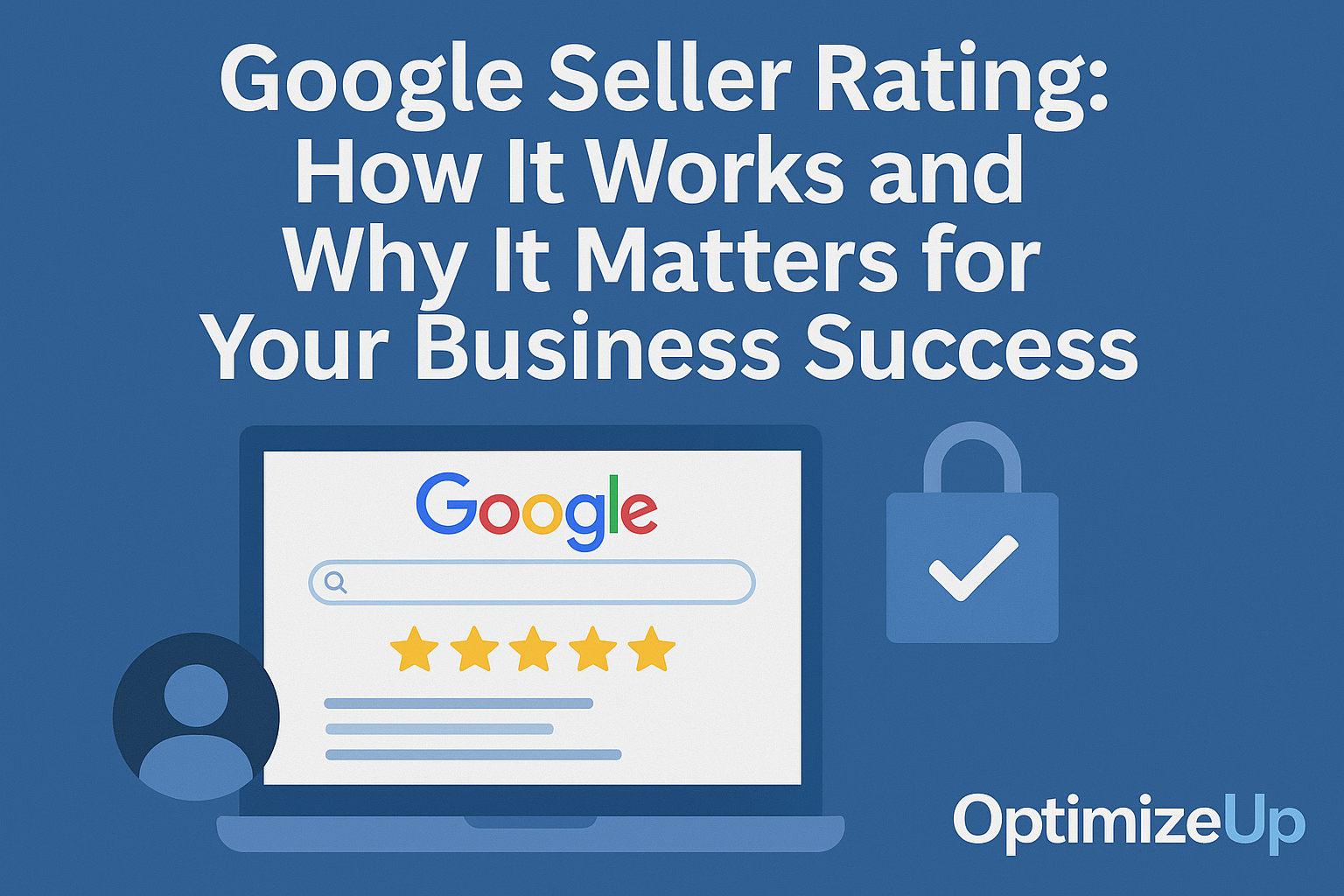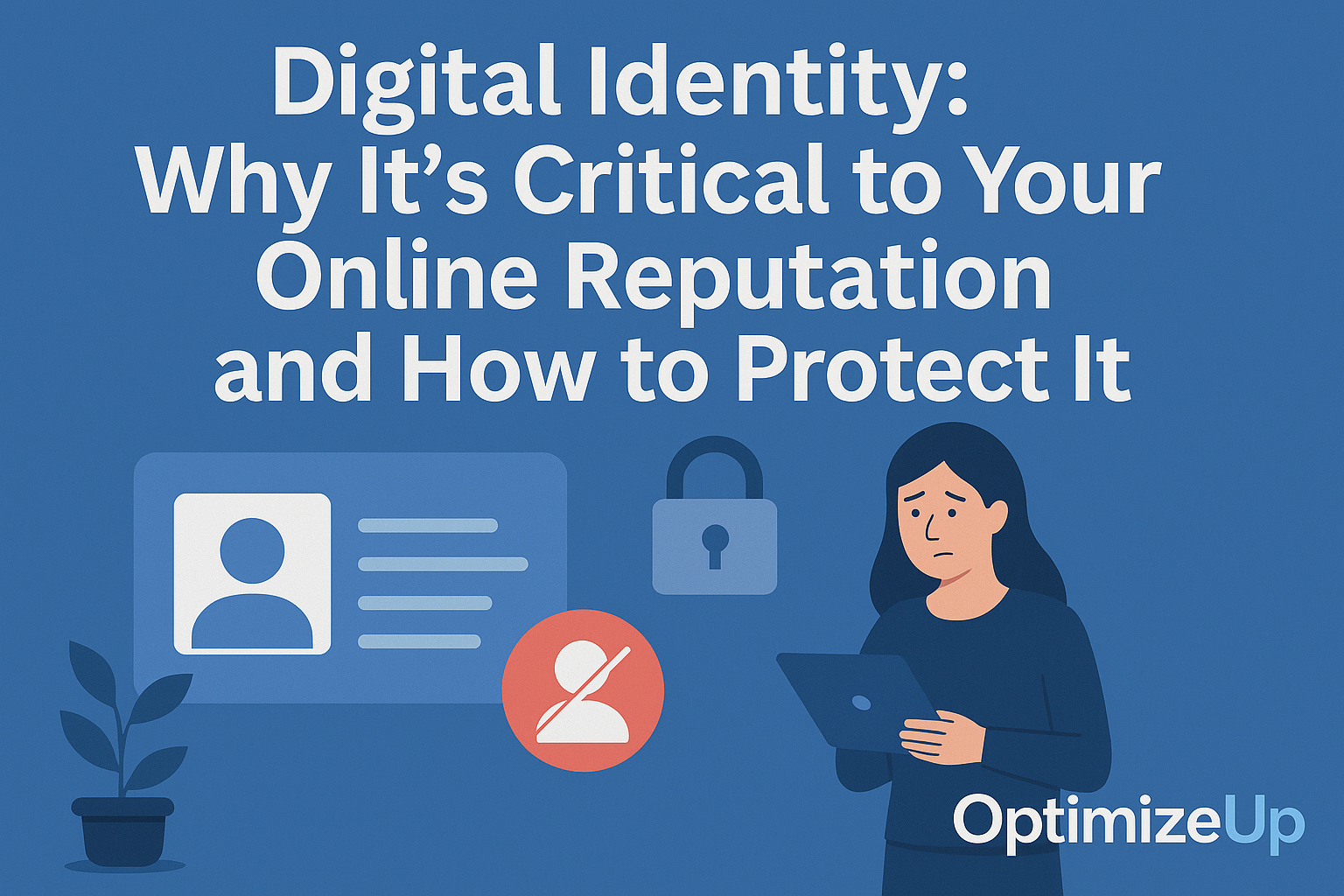TruthFinder is a people search website that compiles sensitive personal data from public records and third-party sources. While its purpose is to provide background checks and online lookups, it poses a significant privacy risk. If you’ve ever Googled your name and been shocked at how much TruthFinder reveals, you’re not alone.
This guide walks you through how to complete a TruthFinder opt out request, explains what kind of data is collected, the implications of exposure, and how to stay off these platforms for good.
Why TruthFinder Exposure Is a Serious Privacy Risk
TruthFinder doesn’t just list a name and number. It assembles full dossiers with details that can be used for stalking, harassment, fraud, and identity theft.
Consequences of TruthFinder Listings:
- Doxxing (exposing your identity and location online)
- Social engineering attacks
- Manipulation or targeting of relatives and minors
- Reputational harm via outdated or incorrect data
Sensitive information like bankruptcy records or old criminal offenses can resurface decades later and impact employment or personal relationships.
What Is TruthFinder and Why Is It a Concern?
TruthFinder aggregates and sells information such as:
- Full name and aliases
- Date of birth
- Current and previous addresses
- Phone numbers
- Email addresses
- Criminal records (if any)
- Civil judgments and liens
- Social media accounts
- Family members and associates
Who Uses TruthFinder?
- Employers conducting informal background checks
- Stalkers, abusers, or identity thieves
- Nosy neighbors or ex-partners
“TruthFinder combines hundreds of databases into one highly accessible profile. That level of exposure can be dangerous.”
Step-by-Step: How to Opt Out of TruthFinder
Removing your data from TruthFinder takes a few minutes. Here’s the full opt-out process.
Step 1: Go to the Official Opt-Out Page
Visit https://www.truthfinder.com/opt-out
Step 2: Enter Your Information
- First and last name
- City and state of residence
- Click Search
Step 3: Locate Your Profile
TruthFinder will display a list of potential matches. Find the one that matches your current or previous info.
Step 4: Click “Remove This Record”
Next to your listing, click the “Remove This Record” button.
Step 5: Provide Your Email for Confirmation
Enter a valid email address. This is required to verify the request.
Step 6: Confirm the Opt-Out
Check your inbox and click the verification link. This finalizes the removal process.
Step 7: Wait for Removal
Your profile should be removed within 48–72 hours. Use incognito mode or a different browser to confirm removal.
Tips for a Successful TruthFinder Opt Out
- Use a separate email address for privacy removals.
- Check for multiple listings with name variations.
- Save a screenshot of your request for documentation.
- Recheck the site every 60 days to ensure data hasn’t repopulated.
- Use HaveIBeenPwned to monitor email address exposure.
What If the Info Comes Back?
TruthFinder sources data from aggregators that refresh frequently. Your profile may reappear over time. Here’s what you can do:
- Repeat the opt-out process
- Submit new requests for name/address changes
- Contact TruthFinder directly at: privacy@truthfinder.com
- File a complaint with the Better Business Bureau
Additional Sites to Opt Out From
TruthFinder is one of hundreds of people search engines. Many share or resell data. To protect your privacy more thoroughly, remove your info from:
- BeenVerified
- Spokeo
- Whitepages
- PeopleFinders
- Intelius
- MyLife
- FastPeopleSearch
- PeekYou
- Radaris
- TruePeopleSearch
Use Automated Privacy Protection Tools
Recommended Services:
- DeleteMe – Automated opt-outs for 30+ brokers
- Incogni – CCPA/GDPR-focused automation
- Removaly – Budget-friendly monthly plans
- PrivacyBee – Customizable dashboard with exposure alerts
- ReputationDefender – Premium reputation and privacy protection
These services provide real-time monitoring, legal enforcement, and track if data resurfaces. Some even contact non-compliant brokers on your behalf.
Use Google to Monitor Exposure
Set up alerts for your name, address, or phone number to catch when data resurfaces:
site:truthfinder.com "John Doe"
site:truthfinder.com "123 Main St"Use Google Alerts to get updates. You can also add terms like your SSN (in masked format) or nickname aliases.
TruthFinder and the Law
Is TruthFinder Legal?
Yes, TruthFinder operates legally under the Fair Credit Reporting Act (FCRA), but it is not FCRA compliant, so it cannot be used for:
- Hiring or employment screening
- Credit or insurance eligibility
Can You Sue TruthFinder?
While rare, legal claims may arise if TruthFinder publishes false info that causes harm. For serious cases, contact an attorney familiar with privacy and defamation law. You can also file complaints with:
- The FTC: ReportFraud.ftc.gov
- Your State Attorney General
- Data Privacy NGOs like EPIC.org
Do California and EU Residents Have More Rights?
Yes. Under CCPA and GDPR, residents have rights to:
- Request data access
- Demand deletion
- Prevent resale of information
- Know the categories of data collected
If TruthFinder fails to comply, you can escalate to state or EU privacy regulators.
How TruthFinder Gets Your Data
TruthFinder gathers information from:
- Public records (property, court, marriage, etc.)
- Data brokers like Acxiom and LexisNexis
- Social media activity
- Online transactions
- Loyalty programs and subscriptions
- Voter registration databases
“The average TruthFinder profile includes 25+ data points—most of which come from public or semi-public databases.”
How Optimize Up Helps
At Optimize Up, we offer end-to-end privacy protection for individuals, professionals, and executives:
- Automated opt-out submission across dozens of data brokers
- Monitoring tools to detect new exposure
- Google suppression strategies to bury exposed content
- Custom privacy audits to uncover hidden risks
- Privacy-first SEO to help manage online reputation
Don’t let data brokers control your narrative. Contact Optimize Up to take back your privacy.
Frequently Asked Questions
Usually 2–3 business days after email confirmation.
Yes, under current U.S. laws, but you have the right to request removal.
No. Data can reappear from new or updated sources. Regular checks are recommended.
Only if you have legal authority (e.g., parent, guardian, power of attorney).
No. TruthFinder does not provide financial data to credit agencies.
No. TruthFinder’s opt-out process is free.
No. You only need a working email to confirm the removal.
Use services like DeleteMe or Incogni
Remove your info from data brokers
Limit exposure through public social profiles and memberships
Not directly, but removing your listing may reduce their exposure too, especially in “related people” sections.





